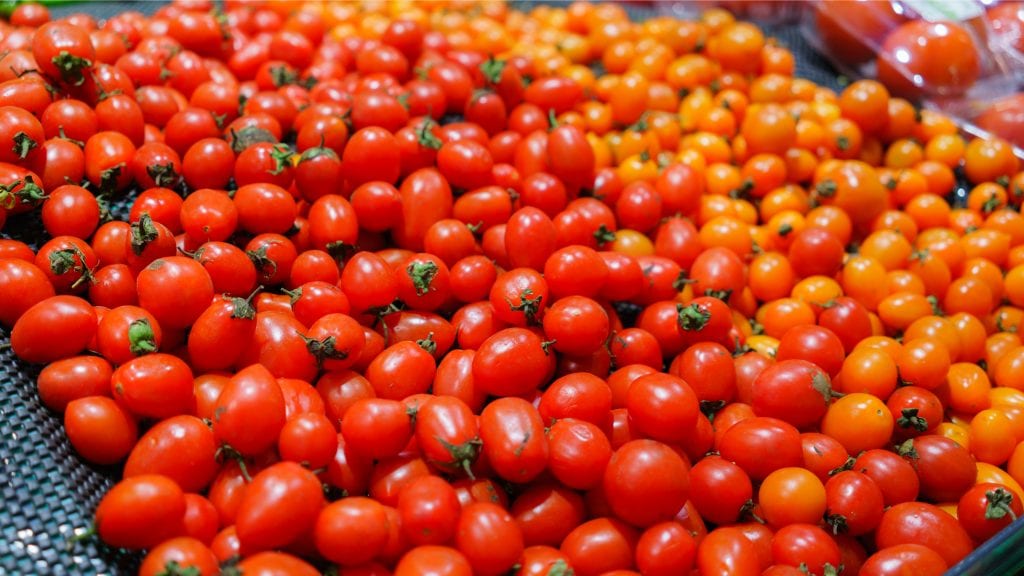
By Clint Thompson
The termination of the U.S.-Mexico Tomato Suspension Agreement is set to become effective on Monday, July 14.
While Florida growers and Robert Guenther, executive vice president of the Florida Tomato Exchange, have been at the center of the fight that Mexico has been ‘dumping’ imported tomatoes, it’s important to note the problem is widespread, impacting most of the U.S.

“I think that’s what’s changed a lot, too, from what I can tell. Early on back in the 90s and early 2000s, it was really a Florida issue. It is now, because of the impact of imports, where it has impacted growers in the Southeast to the Midwest all the way out to California in terms of the ability to produce fresh tomatoes for U.S. consumers,” Guenther said.
“I think that’s one of the biggest changes, too, that we’ve seen over the last 30-plus years in terms of this agreement and lack of ability for it to be properly enforced, it has impacted growers from across the country.”
Support From Across the U.S.
Guenther cited in an interview with the Packer that the petition to terminate the Suspension Agreement was supported by more than 60 bipartisan Congressional members from 11 states, along with the American Farm Bureau Federation and state Farm Bureaus from nine major tomato-producing states.
The decision to terminate the agreement was made in April, allowing for three months of pleas for negotiations from the agreement’s supporters. That’s a non-starter in Guenther’s opinion.
“There are stakeholders from other states, particularly importers from Texas and Arizona, that have been pushing this narrative of rewriting or maintaining the current Suspension Agreement,” Guenther said. “As we’ve said, that’s a non-starter. We’ve been through five of these and have seen the data. We know where we are in terms of an industry. The data speaks for itself.”
The U.S. Department of Commerce found that Mexican tomatoes were being dumped in the U.S. at high levels in 2019, and the U.S. ITC confirmed the material injurious effect of that dumping on the American tomato industry.









